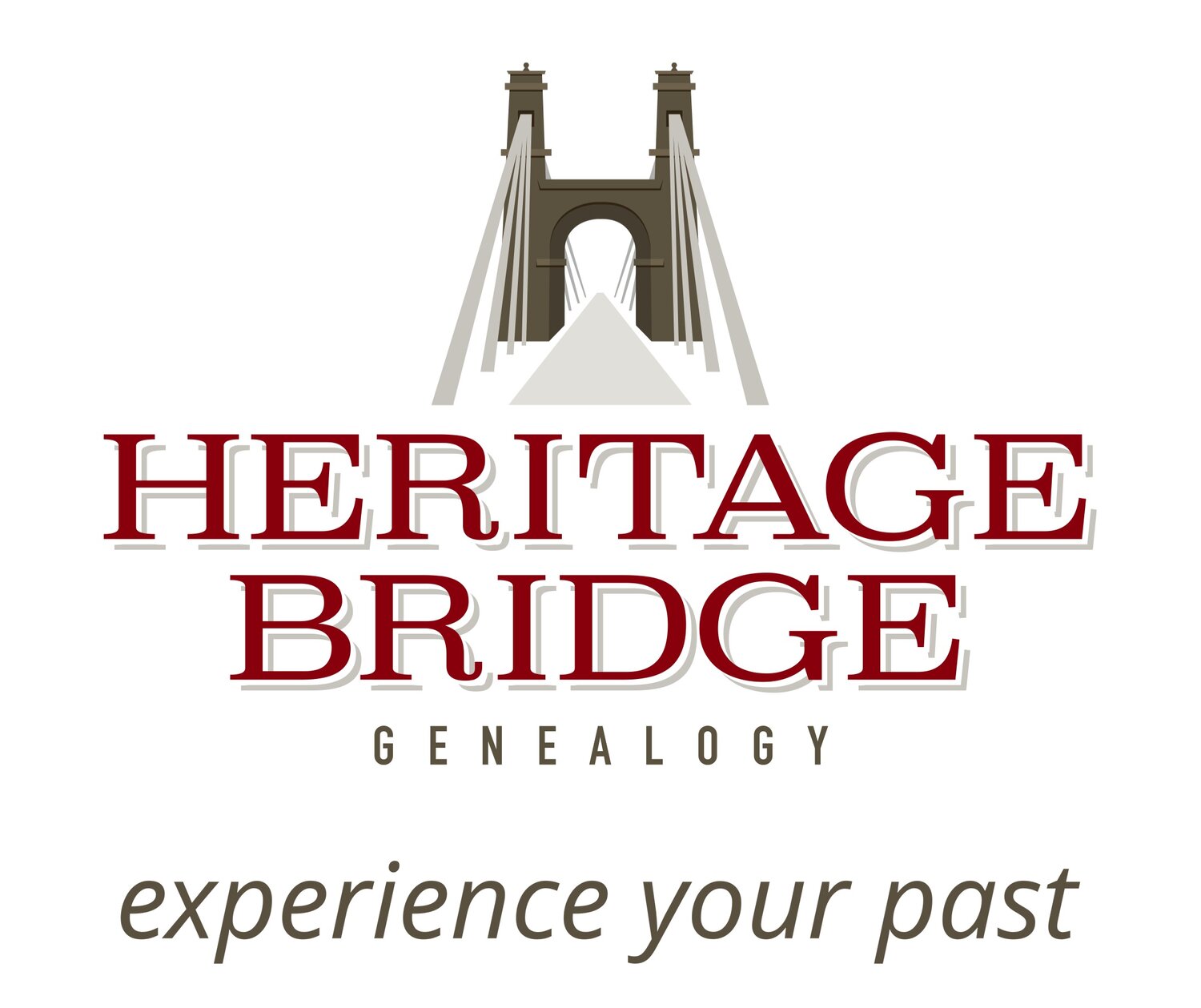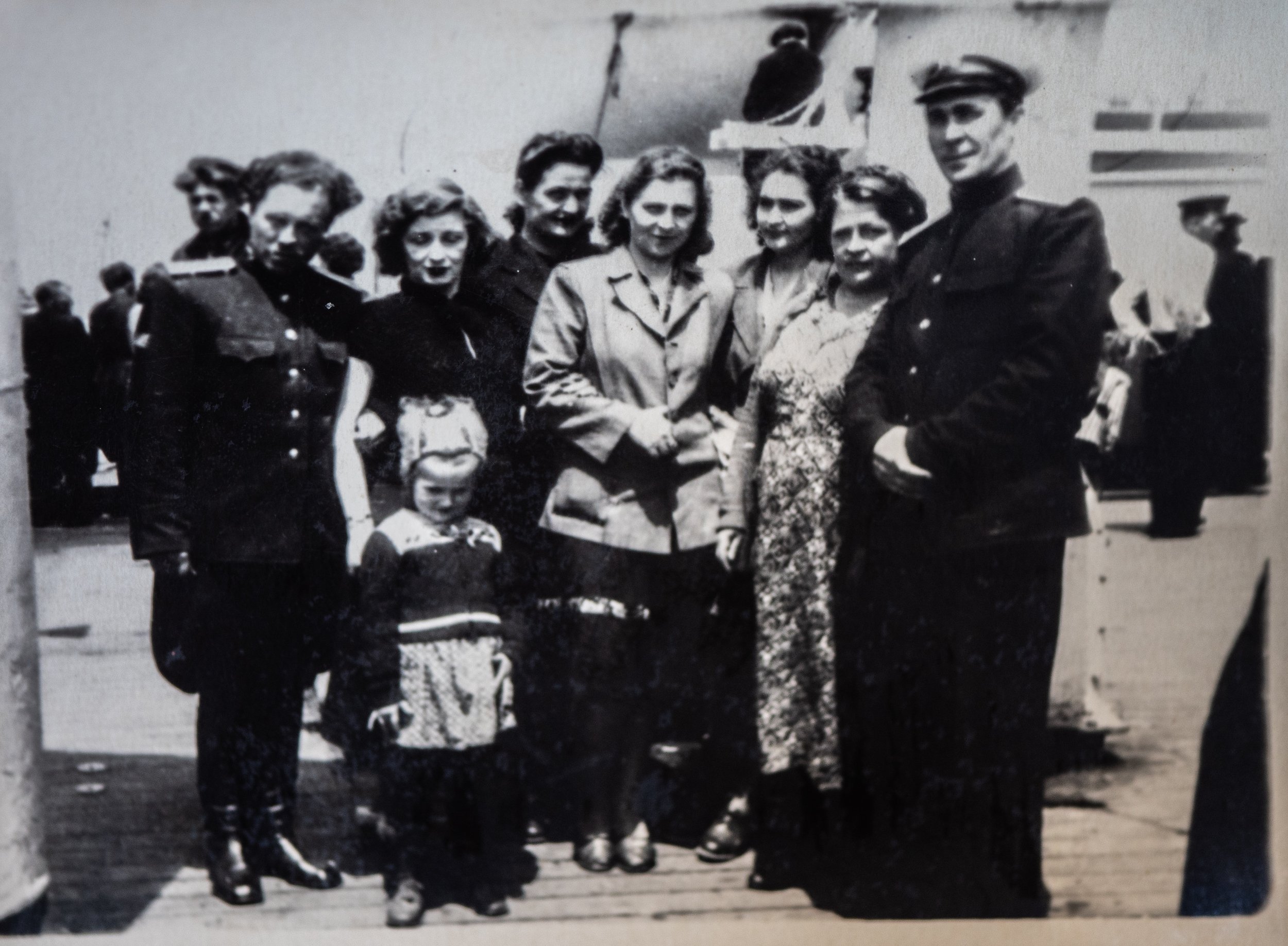What are some common questions a genealogist is asked to solve?
The road to discovering your family history usually involves asking one of three questions; Who is my ancestor related to? When and where did an event happen? And what can you tell me about my ancestor's life? Indeed, these are the three most common questions genealogists are asked to solve. Each question provides an answer to uncovering your unique family tree and creating your family legacy. In this article, we will answer each question and explain how a professional genealogist can link you to the past, explain your present, and impact your future.
Who is my ancestor related to?
Discovering who you are related to is the most common question genealogists solve. Many people who hire a genealogist want to uncover their lineage, find their distant relatives, and learn new details about their family history (learn how to hire a genealogist you can trust).
The first step to answering this question involves looking at the first and second generations: your parents and grandparents. Accurately connecting generations beyond your grandparents reveals your ancestral history.
Another part is evaluating all the children and siblings in someone’s past. Yet, identifying all the children of one family can be more challenging than you think. Birth records weren't always available and simply didn't exist for several reasons. For example, many children died at a young age, often from a disease. Sometimes a child could be born and die without ever appearing in a census record. In some unusual cases, the only evidence of their existence is a headstone in a cemetery, perhaps with little identifying information.
For earlier research, genealogists can piece together your family’s ancestral history from census records, church records or wills and probate records. Because of the sometimes complex and detailed nature of their work, genealogists need to get creative and investigate multiple sources before they can connect your unique family tree.
When and where did an event happen?
When we learn about the historical events of our ancestors, we uncover another layer to who we are. For example, you may find your great grandmother's journal and read about her travels across North America. Every page may be filled with one adventure after another, and her enthusiasm made you feel connected to her. But maybe there are other events she didn't include.
Genealogists use multiple records to determine these events. Sometimes they get lucky and find what they need without any hassle. But other times, they must go through a few obstacles to find the necessary information.
Here are the most common records genealogists use to answer your questions about your family history, and a few of the challenges they may experience while connecting your lineage to a certain place and time.
Birth records
Some towns (mainly in New England) had birth record requirements starting in the 1600s. This requirement makes it easier for genealogists to trace your lineage and the historical events in which your ancestors played a role
Birth registers in the Midwest began in the 1870s, and contain information about many births over a period of time, but many of our ancestors never submitted their information about births in their families
The National Board of Health began pushing for public health statistics in 1879 and developed standard certificates (like we see now), plus toughened requirements for reporting. But these certificates didn't take effect until the 1910s and may not be available due to privacy restrictions
Death records
Surprisingly, obituaries weren’t readily available until the mid to late 1800s
Genealogists frequently use cemetery headstones as evidence, and sometimes church burial or funeral records exist
Death registers and certificates finally emerged in the late 1800s, making it easier to navigate your lineage
Marriage records
In the 1700s and 1800s, some churches recorded marriage information, but it was more common in long-settled areas, and there is no guarantee that your ancestor ever appeared in a church record.
Did you know almost every state required marriage registration from the state’s formation? It's true except for New York, Pennsylvania, and South Carolina. It wasn't until the late 1800s that these states began registering marriages.
It wasn’t until about 140 years ago that marriage records started including the names of the bride’s and groom’s parents.
What can you tell me about my ancestor’s life?
There is nothing more fulfilling than helping you build a legacy for your family, and is also an important reason why a genealogist’s work matters. You may think there isn’t much information to uncover, but you would be surprised what a genealogist can reveal about your family ties;
Land ownership
Genealogists can determine exactly when an ancestor bought land, how many acres, and where it was located. They can also find it on a current map or an aerial view. Learning about land ownership reveals a lot of information about your ancestor's identity. It can tell you about their career, legacy, and obstacles they may or may not have overcome to acquire their land.
Newspaper stories
Before the invention of social media and the internet, newspapers were the go-to source for connection, awareness, and keeping up-to-date about events. And even the smallest events were reported. For instance, newspapers captured information about your ancestor’s travels, out-of-town visitors, illnesses, birthday parties, and family gatherings.
Of course, larger events were no exception and included events about military service, political changes, movements, and wars. Indeed, the newspaper holds a lot of information to help you understand more about your ancestors’ lives and your legacy.
Court cases
Whether it was over a land dispute or any other legal matter, locating court cases provides a closer view into your ancestors’ lives: the good, the not-so-good, and all the interactions that form a person’s identity and life.
Probate
If your ancestor died intestate (without a will), their property was likely filed with the court. For example, an early inventory of my ancestor’s property in 1815 revealed that he owned sheep, a spinning wheel., and a quantity of flax – all fascinating facts that revealed his career.
Learning details of your ancestor's life can therefore give you insight into your life today. Perhaps you find a common interest, or character trait.
Need an answer to a question?
After reading this article, you may have recognized getting access to records is the most difficult challenge genealogists experience when answering your questions. Each state has different privacy laws regarding birth, marriage, and death records, and navigating around them can be frustrating.
But when a genealogist discovers who your ancestors are related to, when and where events happened, and what can be learned about your ancestors’ lives, it makes the journey fulfilling and enjoyable. Connecting the dots and providing a tangible source of your family's legacy is the very thing that our work at Heritage Bridge reflects. We love answering your questions and providing another layer of your identity - your past.
If you are ready to dive in and begin searching your family history, we'd love to guide you to your answers. Please schedule a free consultation to get started.
If you liked this article, please comment below and share your experience of researching your family tree!



